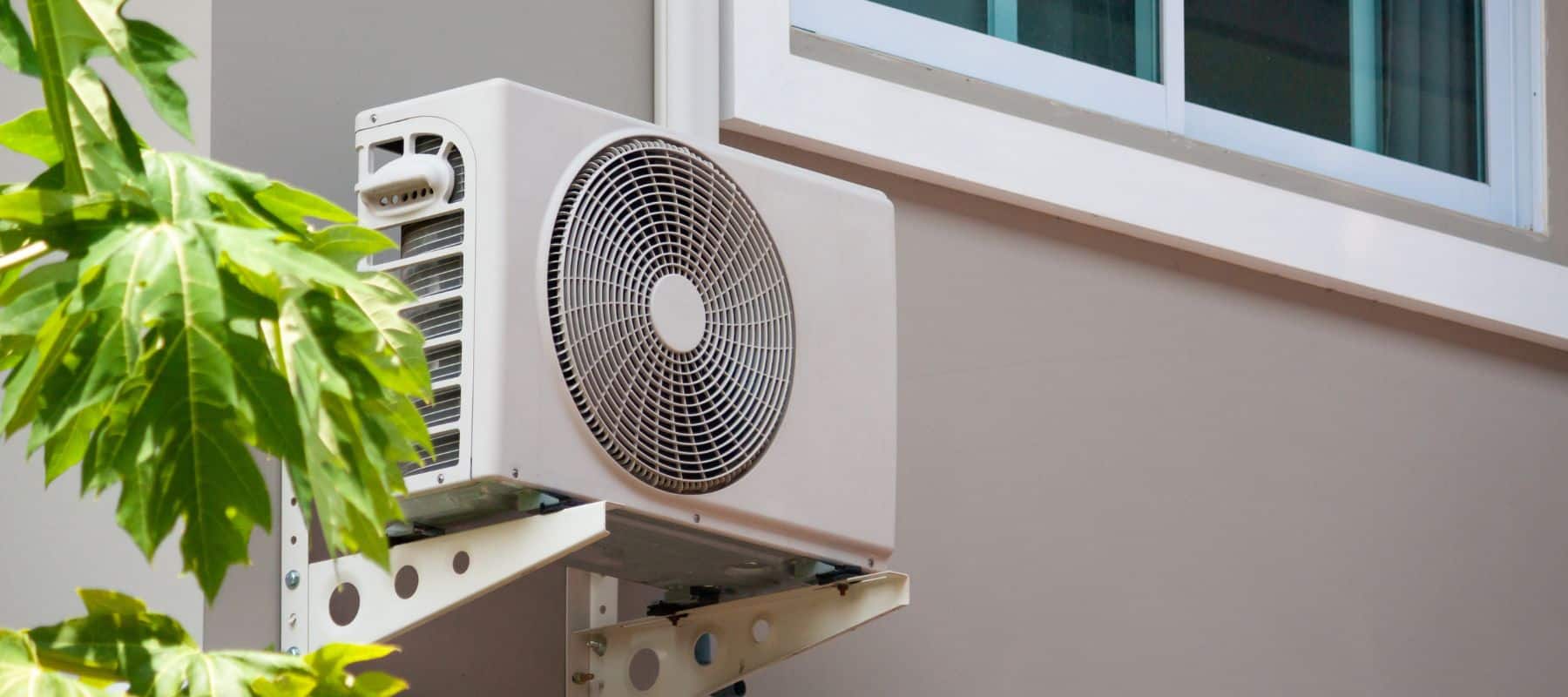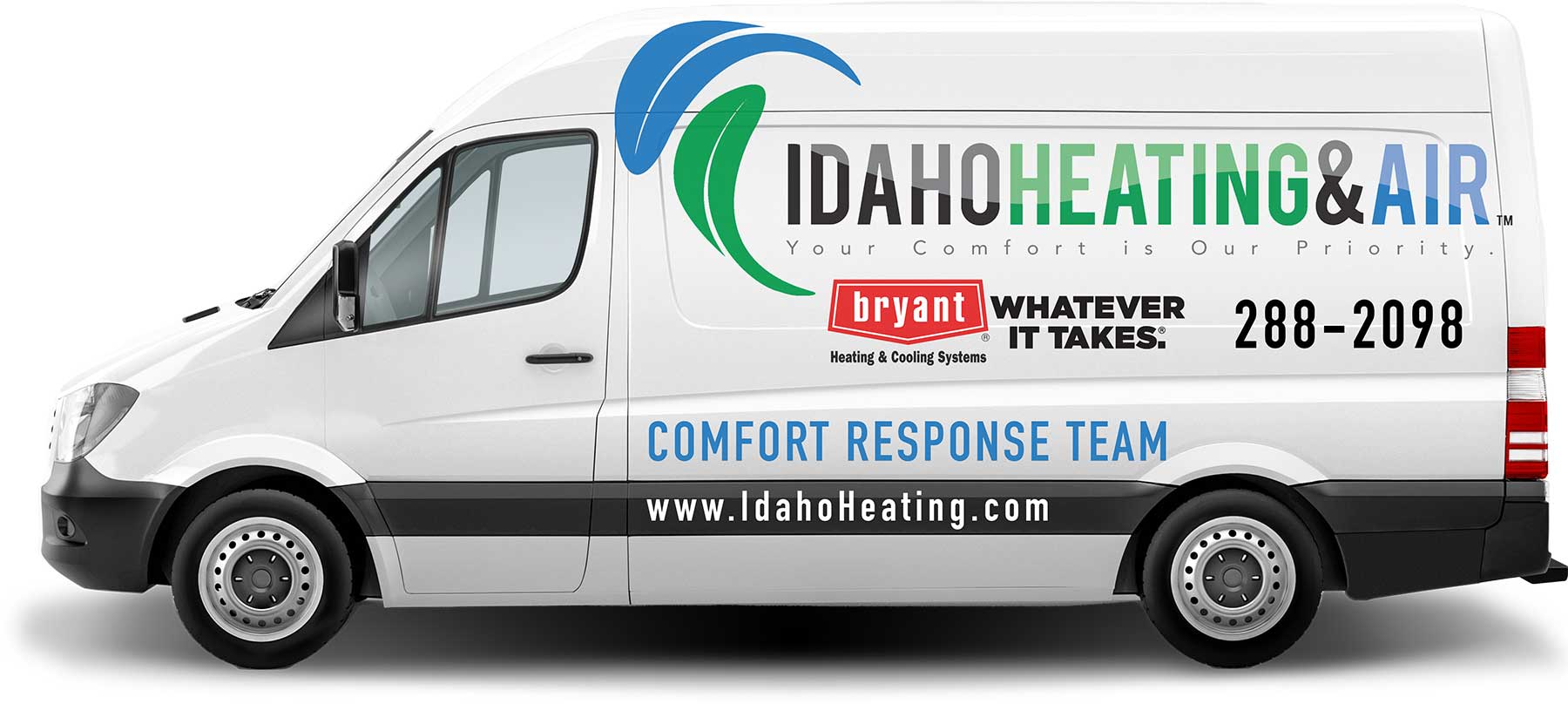Energy Effectiveness and Cooling Setup: What You Need to Know
Reveal the dynamics of attaining first-class energy efficiency with your a/c system.
Recognizing the intricacies of appropriate setup can considerably influence your long-term comfort and expense savings.
From figuring out power performance rankings to maneuvering elements affecting performance, this conversation will outfit you with vital insights to make educated choices for your home environment control.
Stay tuned for specialist suggestions and upkeep strategies that will maintain your system running successfully and efficiently, guaranteeing a cool and comfortable setting year-round.
Secret Takeaways
- Proper setup makes best use of performance and durability.
- Power scores and features effect cost and performance.
- Factors like insulation and climate influence performance.
- Normal maintenance ensures peak efficiency and cost savings.

Value of Proper Installation
Correct installment of cooling systems considerably effects power effectiveness and total performance. When it involves appropriate positioning, it is necessary to ensure that the exterior system is positioned in a shaded location to prevent getting too hot and permit better warm exchange. In addition, the interior unit should be positioned away from straight sunshine and any kind of obstructive furniture to promote best airflow throughout the space.
Installment methods play a considerable function in the performance of your air conditioning system. Making sure that all elements are safely connected and sealed helps prevent air leaks, which can result in power wastefulness. Appropriate insulation of the refrigerant lines is likewise necessary to keep the system's efficiency and protect against any type of loss of cooling down ability.
Power Effectiveness Ratings Explained
Wondering how power effectiveness ratings can affect your a/c system's performance and cost savings? Comprehending SEER rankings and the benefits of energy-saving features is necessary when wanting to maximize effectiveness. Below are 3 key points to keep in mind:
SEER Scores: SEER stands for Seasonal Energy Performance Proportion, and it determines the cooling output of an air conditioner divided by the energy it eats over a regular air conditioning season. The higher the SEER score, the much more efficient the system is at transforming electricity right into cooling power.
Energy Conserving Includes: Seek energy-saving functions such as programmable thermostats, variable-speed air trainers, and high-efficiency filters. These functions can aid enhance your system's efficiency and decrease energy consumption, causing lower energy expenses.
Expense Savings: Purchasing a very reliable a/c system might come with a greater in advance expense, yet the lasting financial savings on energy bills can outweigh the preliminary financial investment. air conditioning repair Furthermore, some energy-efficient systems may receive rebates or tax obligation incentives, giving further expense savings with time.
Elements Affecting Energy Performance
To optimize your air conditioning system's power efficiency, recognizing the factors that influence it's vital. Two essential components that substantially effect power efficiency are insulation approaches and environment factors to consider. Proper insulation plays a major role in keeping a constant indoor temperature, reducing the workload on your ac system, and ultimately reducing energy usage. By sealing gaps, insulating wall surfaces, ceilings, and floors, you can prevent trendy air from running away during hot weather and maintain warm air inside throughout cooler months.

Climate considerations are equally essential when it concerns optimizing power efficiency. The environment in which you reside impacts just how frequently and how extremely your air conditioning system needs to run. As an example, in hot and humid environments, the air conditioning system may need to function harder to maintain a comfortable temperature, causing raised power usage. Comprehending your climate can aid you choose the most appropriate cooling system and implement energy-saving techniques tailored to your specific environment. By addressing insulation methods and considering environment factors, you can enhance the power performance of your air conditioning system and reduce your general energy costs.
Tips for Maximizing Effectiveness
For efficient functionality, consider setting your thermostat to a moderate temperature level and using ceiling fans to assist circulate air efficiently. To further optimize the effectiveness of your air conditioning system, adhere to these suggestions:

Smart Thermostat Use: Purchase a smart thermostat that enables you to program temperature level settings based upon your timetable. This can help you avoid unneeded cooling when you aren't in your home, saving power and reducing expenses.
Regular Ductwork Inspection: Arrange routine examinations of your ductwork to assure there are no leaks or clogs. Leaky air ducts can bring about power waste as cooled down air runs away before reaching its desired location, while obstructions can limit air flow, making your system job harder.
Make Use Of All-natural Air Flow: Take advantage of cooler evenings by opening up home windows and allowing fresh air in. This can help in reducing the load on your air conditioning system throughout milder weather condition, boosting general effectiveness.
Upkeep for Long-Term Performance
Regular upkeep of your air conditioning system is necessary for making sure long-term effectiveness and peak performance. To maintain your air conditioning running efficiently, it is very important to schedule regular maintenance to resolve any type of possible concerns prior to they rise. One of the simplest yet most reliable maintenance tasks is frequently changing the air filters. Blocked filters limit air flow, making your system job harder and much less successfully. In addition, calibrating the thermostat ensures precise temperature level control and protects against unneeded pressure on the unit.
Another important facet of upkeep is duct cleansing. Over time, dust and particles can build up in the air ducts, blocking air movement and reducing performance. Checking and preserving appropriate refrigerant degrees is likewise crucial for ideal efficiency. Low refrigerant levels can cause decreased performance and possible damage to the compressor.
Finally, don't neglect climate removing around windows and doors. Correct insulation assists keep the wanted temperature level inside, minimizing the workload on your air conditioning system and raising energy performance. By remaining aggressive with these upkeep tasks, you can extend the life-span of your air conditioning unit and minimize power expenses in the long run.
Regularly Asked Inquiries
Can Cooling Installation Impact the Indoor Air High Quality of My Home?
When you're taking into consideration cooling installation, it's crucial to recognize that it can influence the interior air quality of your home.
This can have significant health benefits for you and your family. Proper installment and upkeep are vital to make certain that your air conditioning system operates effectively and doesn't endanger the air high quality in your home.
Be mindful of these variables when choosing concerning your air conditioning configuration.
Are There Any Kind Of Discounts or Rewards Readily Available for Setting Up Energy-Efficient A/c Equipments?
When it comes to mounting energy-efficient a/c systems, you'll rejoice to recognize that there are often rebates or incentives readily available. These programs can aid you conserve cash ahead of time and appreciate lasting power cost savings.
Be sure to research study rebate programs in your location to see what alternatives are readily available for you. It's a great deal – you obtain a more effective system and prospective cost savings on setup prices.
How Crucial Is the Size and Layout of My Home When Considering Cooling Installment for Energy Effectiveness?
When thinking about air conditioning setup for power efficiency, the dimension and design of your home are vital factors. Correctly sized devices make the most of performance, preventing extreme energy use.
Excellent home insulation assists preserve a constant temperature, lowering stress on the system. Ductwork design additionally plays a significant role in guaranteeing air distribution is balanced throughout your home.
Taking these aspects into account will certainly help maximize your cooling system for power performance.
Are There Any Type Of New Technologies or Innovations in Cooling Installation That Can Even More Enhance Energy Efficiency?
When it concerns enhancing power effectiveness in a/c, new modern technologies like smart thermostats and ductless systems are game-changers.
You'll also take advantage of technologies like geothermal air conditioning and solar panels. These developments can greatly improve your system's efficiency while decreasing power usage.
Upgrading to these alternatives can result in significant savings on your power costs while maintaining your home cool and comfy.
What Are Some Common Mistakes to Stay Clear Of Throughout Cooling Setup That Can Impact Energy Efficiency over time?
When mounting your air conditioning system, stay clear of common blunders that can affect energy effectiveness in the long run.
Make sure appropriate insulation and ductwork to prevent air leak.
Place your thermostat appropriately and perform normal upkeep to keep the system running successfully.
Avoiding these mistakes will aid you save energy and minimize your overall cooling costs over time.
Verdict
Since you understand the significance of correct setup and just how it impacts power performance, you can make educated choices when it pertains to your cooling system.
Keep in mind to consider factors like size, location, and maintenance to take full advantage of efficiency and reduce energy prices.
.jpg)
By taking these actions, you can assure that your cooling system operates efficiently for several years to come.